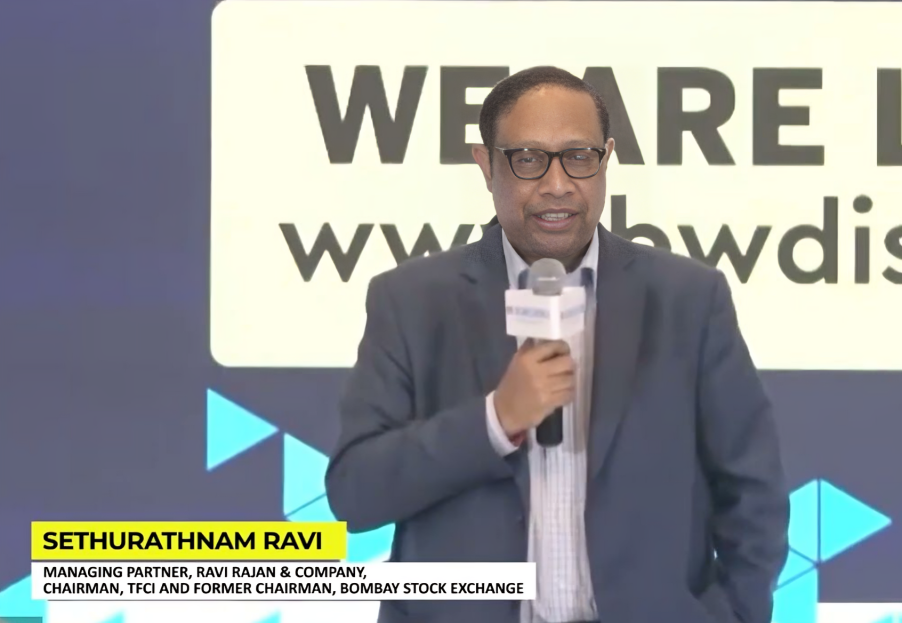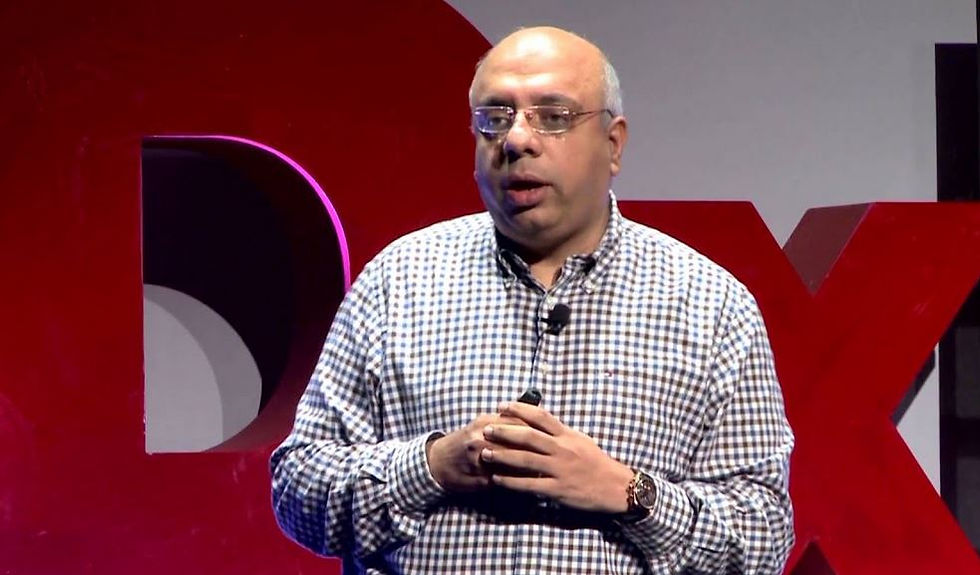"Ethical Investment Spotlight: Norway’s Fund Excludes Adani Group’s APSEZ Alongside 14 Other Indian Firms"
- zarasushmaa
- May 18, 2024
- 2 min read
Norway’s central bank, Norges Bank, has made headlines by excluding Adani Group’s port firm, APSEZ, from its government pension fund due to ethical concerns. This move places APSEZ among the ranks of 14 other Indian companies that have faced similar action, including major names like ONGC, GAIL, NTPC, and Vedanta.

The decision to exclude APSEZ stems from what the central bank perceives as an "unacceptable risk" of contributing to serious violations of individuals’ rights, particularly in situations of war or conflict. This risk is primarily associated with APSEZ’s business involvement with the armed forces in Myanmar, a matter that has been under scrutiny for some time.
Despite APSEZ’s disclosure in May 2023 regarding the sale of its Myanmar operations to Solar Energy Ltd, the lack of transparency regarding the buyer has raised red flags. The Norwegian fund’s Council of Ethics emphasized the importance of information disclosure, stating that the absence of such crucial details prevents the establishment of whether APSEZ has any links to enterprises involved in severe norm violations.
This decision by Norway's sovereign wealth fund highlights a growing trend in ethical investment practices, where companies are evaluated not only based on financial performance but also on their adherence to ethical standards and human rights considerations. The exclusion of APSEZ underscores the significance of transparency and accountability in corporate operations, especially concerning sensitive issues such as conflict zones and human rights violations.
APSEZ’s exclusion from the Norwegian fund is part of a broader pattern of ethical scrutiny in investment decisions globally. Other Indian companies have also faced similar action in the past for various reasons ranging from environmental damage to human rights concerns. This trend reflects a shift towards responsible investing, where investors prioritize sustainability, ethical conduct, and social responsibility alongside financial returns.
As companies navigate these evolving expectations, there is a growing imperative for transparency, ethical governance, and proactive measures to address social and environmental challenges. Investors, regulators, and stakeholders are increasingly demanding higher standards of accountability and ethical behavior, making ethical considerations a key factor in investment decisions worldwide.


Comments